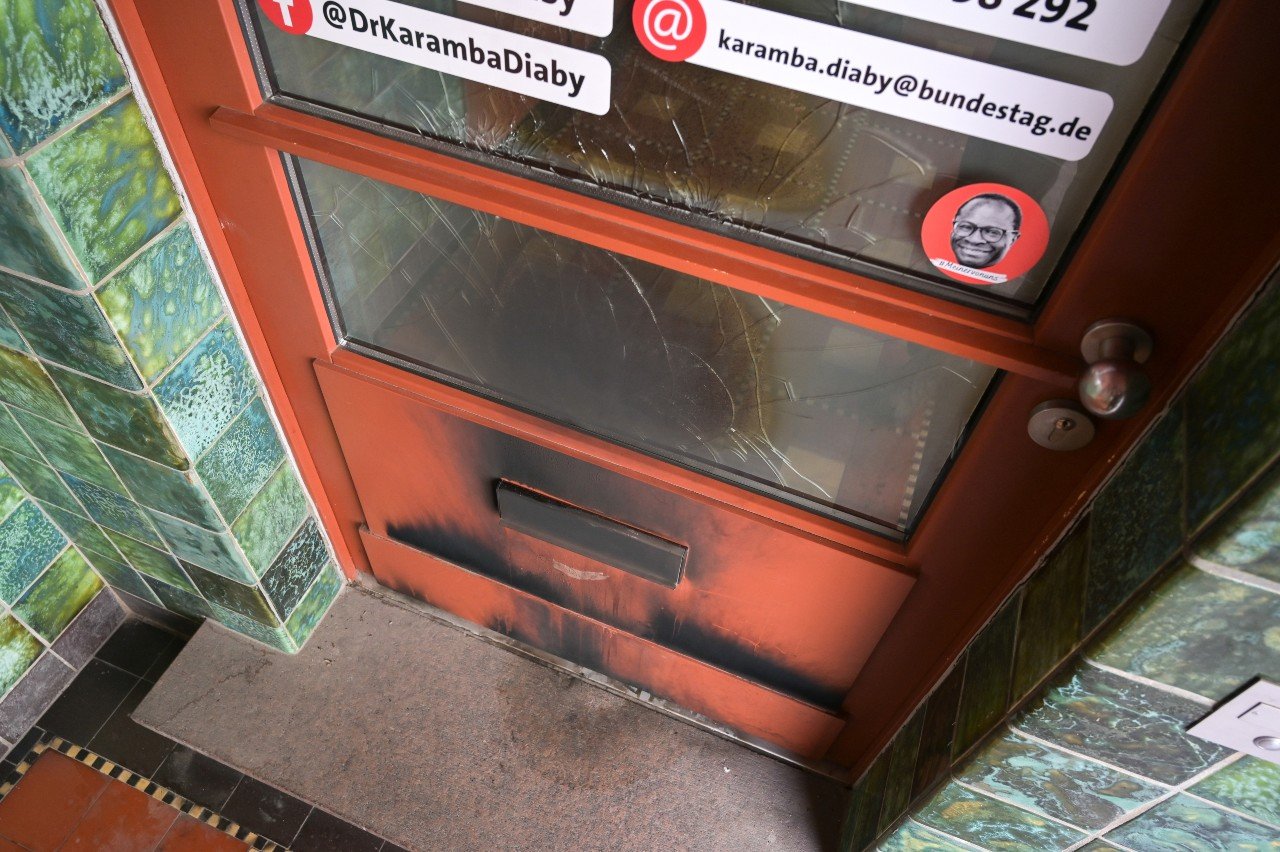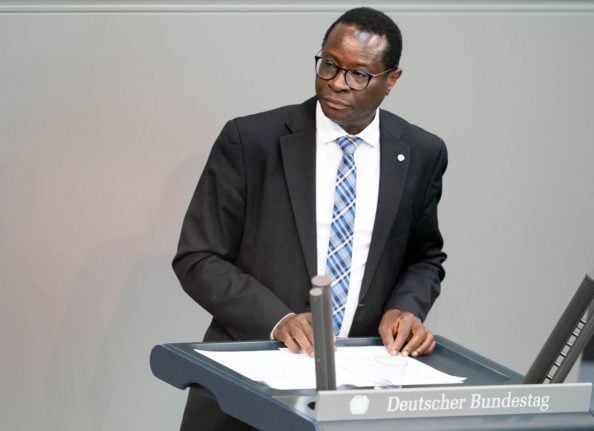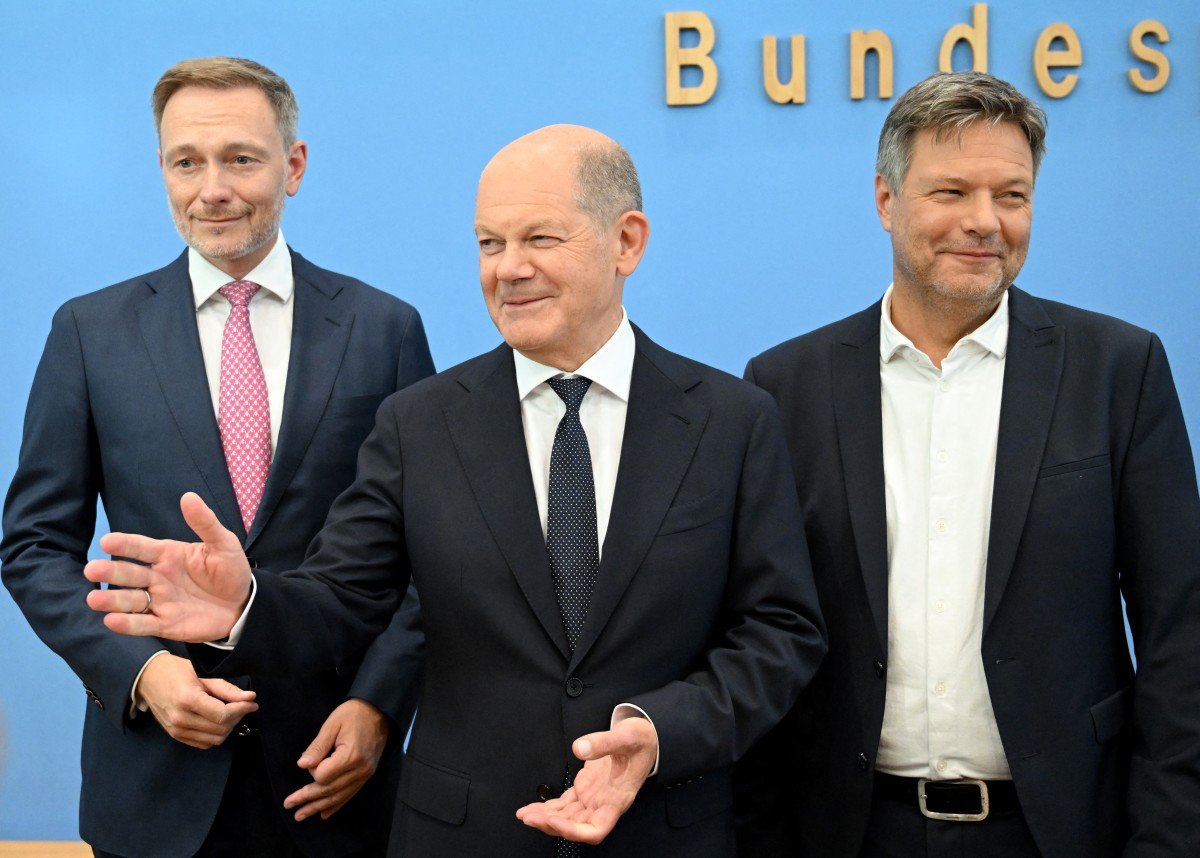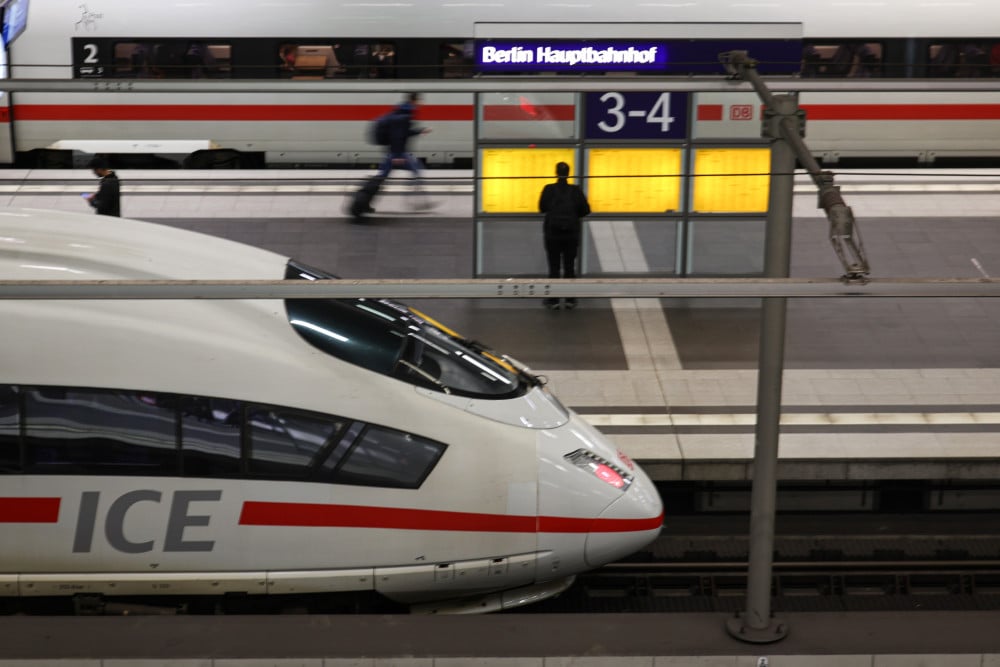The Halle-based MP, Karamba Diaby, announced his decision in a letter sent to SPD colleagues, stating that he had given “months of consideration and deliberation” to the decision and had sought advice from his family.
“I can look back on 11 enriching and successful years in federal politics,” he wrote. After three legislative periods, however, “it’s time to explore new avenues and make space for the next generation.”
Diaby made history back in 2013 when he entered German parliament as the first African-born Black MP, and since then he has championed numerous issues relating to civil and migrant rights, including the issue of dual nationality.
Born in Senegal, Diaby moved to the former GDR as a student in the 1980s.
He thanked his party in his letter and highlighted past achievements such as the introduction of a statutory minimum wage, the Skilled Immigration Act and the modernisation of the citizenship law.
READ ALSO: How people with migrant backgrounds remain underrepresented in German politics
Most recently, he had campaigned for political initiatives to better integrate migrants from African countries.
However, his time in politics has been marred by repeated death threats and racist abuse.
In a notorious incident back in 2020, shots were fired at Diaby’s office in Halle by an unknown assailant. Around the same time the politician received written death threats.
In 2023, a man who had repeatedly hurled racial slurs at Diaby committed an arson attack at his constituency office.
‘A new level’
The SPD politician has repeatedly used his platform to highlight his experiences as a Black MP in Germany and speak out against discrimination, including the racism of the far-right AfD.

“Since 2017, the tone in the German Bundestag has become harsher,” Diaby recently told Politico’s Berlin Playbook Podcast. “We hear aggressive speeches from colleagues from the AfD. We hear derogatory and hurtful content in these speeches.”
The AfD’s racial insults have occasionally been hurled directly at Diaby: Markus Frohnmaier, an AfD MP from Baden-Württemberg, said in one Bundestag debate that the Halle MP “did not understand Central European customs”.
READ ALSO: Germany’s far-right AfD sees strong gains in local eastern elections
At the start of June this year, Diaby told followers on Instagram that both he and his staff had been subject to death threats once again.
“For me, the hatred and harassment has reached a new level,” he said.
However, Diaby made clear that his decision not to serve a further term in parliament was personal than political.
“I’ve been toying with the idea for a year, and after discussions with my family, it has matured,” he told left-wing newspaper Taz. “I want more time for my friends, family, and our allotment”.
In a statement to the Mitteldeutsche Zeitung, however, Martin Kröber, a spokesperson for the SPD in Saxony-Anhalt, drew an explicit link between the harassment Diaby had faced and his decision to step down.
“I very much regret the decision, but I can understand it in view of the threats,” Kröber said. “The price Karamba Diaby paid for his political work was very high.”





 Please whitelist us to continue reading.
Please whitelist us to continue reading.
Member comments